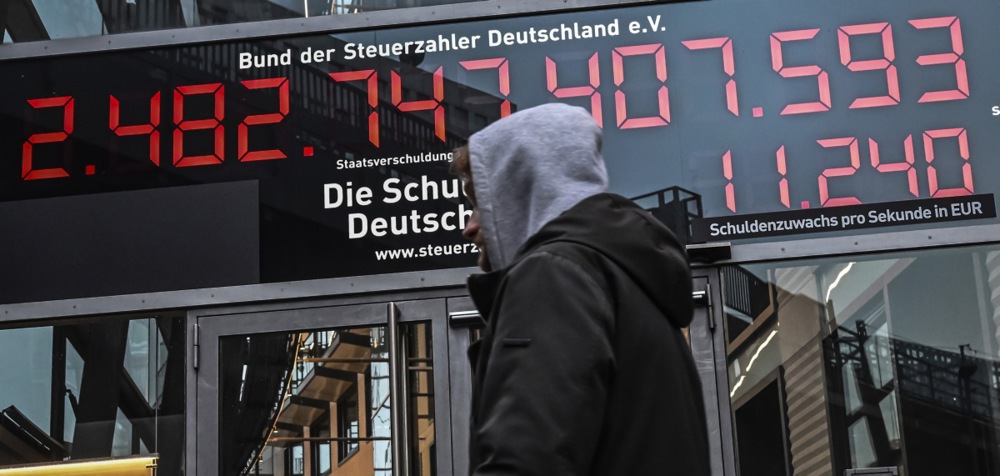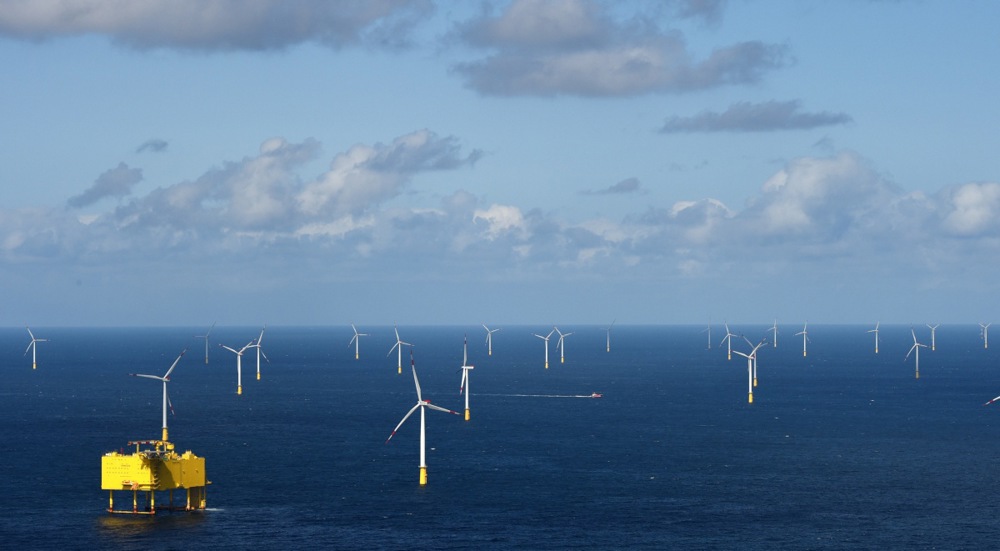A leading German homeowners’ association has blamed Berlin after studies showed the Government is missing its targets on building renovation as part of its climate-control ambitions.
Matthias zu Eicken, the Head of Housing and Urban Development Policy at Haus & Grund, with around 900,000 members, told Brussels Signal: “The German Government’s targets seem too ambitious for many homeowners.
“The political targets and political implementation do not match. The ongoing debate on very high requirements for existing buildings have unsettled many owners.
“The accompanying and politically promised relief through financial aid is only getting off to a stuttering start,” he said.
“Financing is the biggest obstacle to achieving climate protection targets, as confirmed by almost 53 per cent of Haus & Grund members in our member survey.
“This is immediately followed by technical barriers to achieving these goals by 2045 – five years earlier than the European deadline. Politics has thus twice failed to provide satisfactory answers to these two greatest obstacles,” he added.
Asked about the effects of the economic slump in Germany and rising construction costs, zu Eicken said: “High construction prices are only part of a structural problem – albeit a very significant one.
“It is precisely these prices that continue to rise. The high requirements on the building stock – not only in terms of climate-friendliness – complete the structural problem on building renovation.
“The recent rise in interest rates has now made this cost structure unfinanceable for many households,” he said.
Despite the excessive renovation costs, zu Eicken noted that homeowners still supported the policies centred on reaching energy-efficiency and climate goals.
“Private owners regularly carry out modernisation measures. For example, 39 per cent of our members stated that they had replaced their heating and more than 37 per cent replaced their windows in the past 10 years,” he said.
Still, zu Eicken added, Berlin was making it difficult for them. “Many owners feel left alone with the implementation of these goals – and sometimes pressured into non-economic investments for climate protection.
“Almost 40 per cent do not know how to switch to climate-neutral heat generation,” he claimed.
“Politicians overlook the fact that the complex task of energy-efficient building refurbishment is carried out by private individuals in 95 per cent of all buildings, who have to manage this task alongside their jobs and everyday lives.”
Regarding how the Government could improve the situation, zu Eicken said: “Reducing regulatory requirements at the level of individual buildings would be an important step.
“The focus of policy should be on a building sector with CO2 certificate trading. The corresponding price signal would provide an effective incentive for energy-efficient building refurbishment.
“In addition, private owners need a reliable funding framework for energy-efficient refurbishment and binding municipal planning for a climate-neutral heat and energy supply for every single property in Germany,” he added.
“Only under these conditions can private owners make the right climate investments for their property.”
Germany is missing targets regarding the climate and the renovation of residential buildings, despite Berlin’s ambitious goals — just 0.7 per cent of such buildings in Germany have been suitably renovated. https://t.co/04e0I9KA0y
— Brussels Signal (@brusselssignal) April 10, 2024





